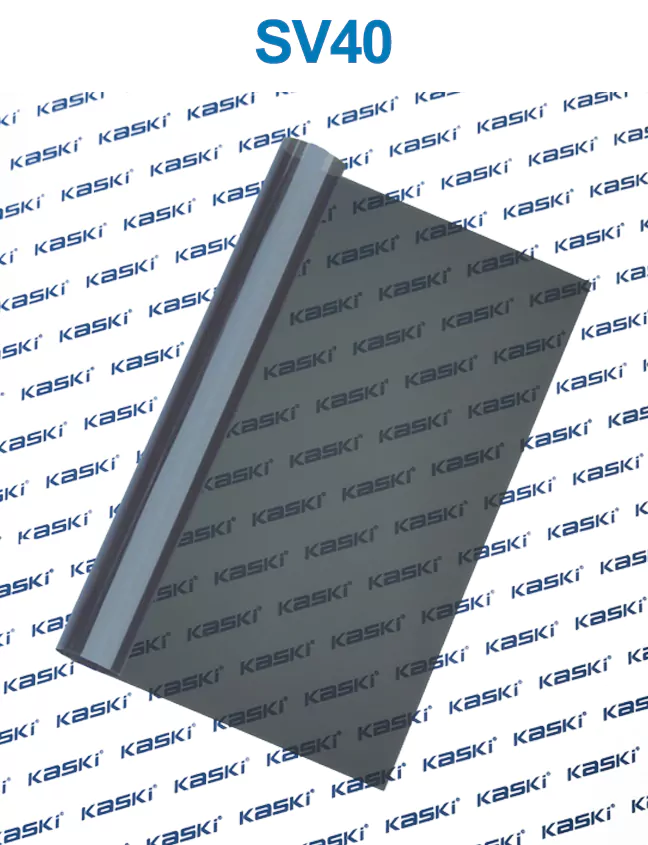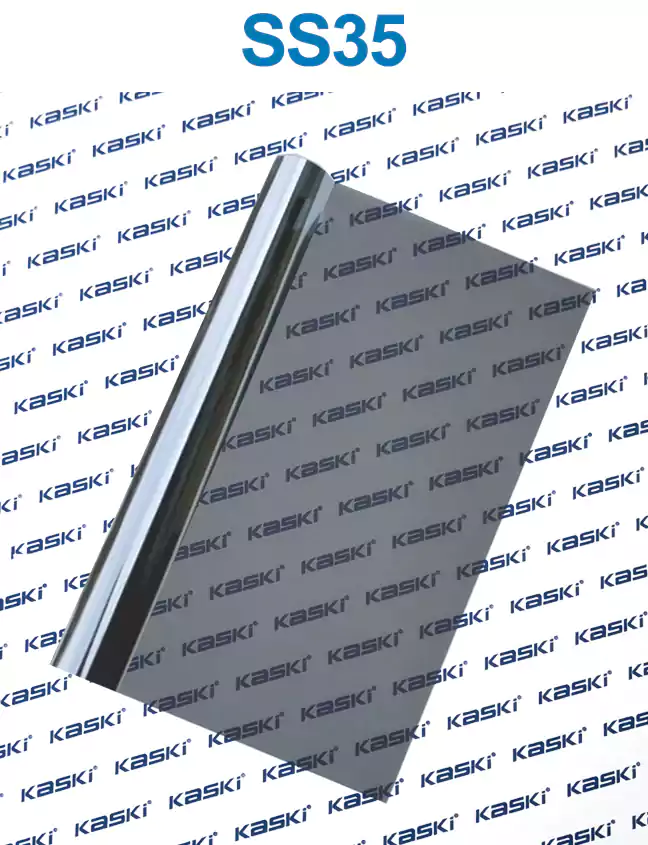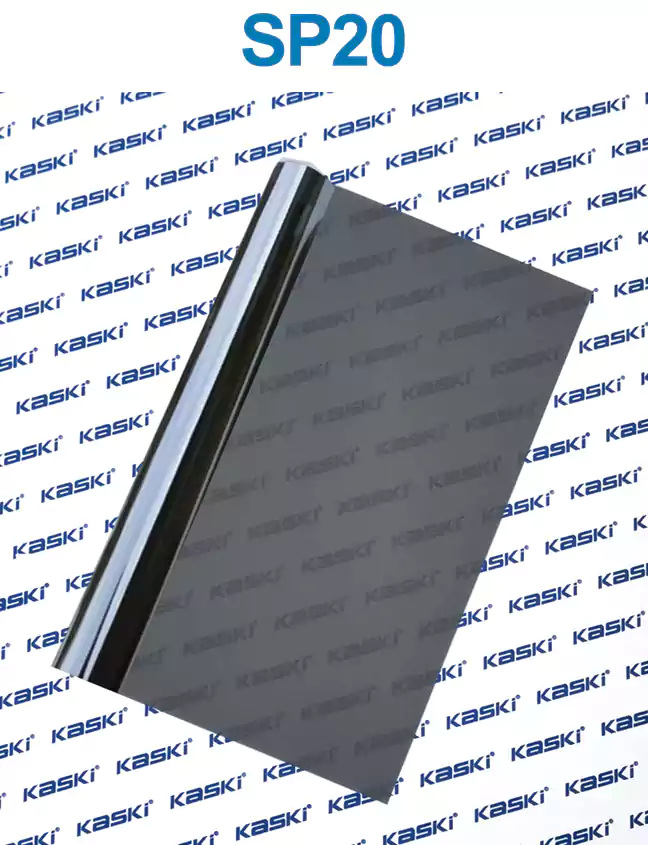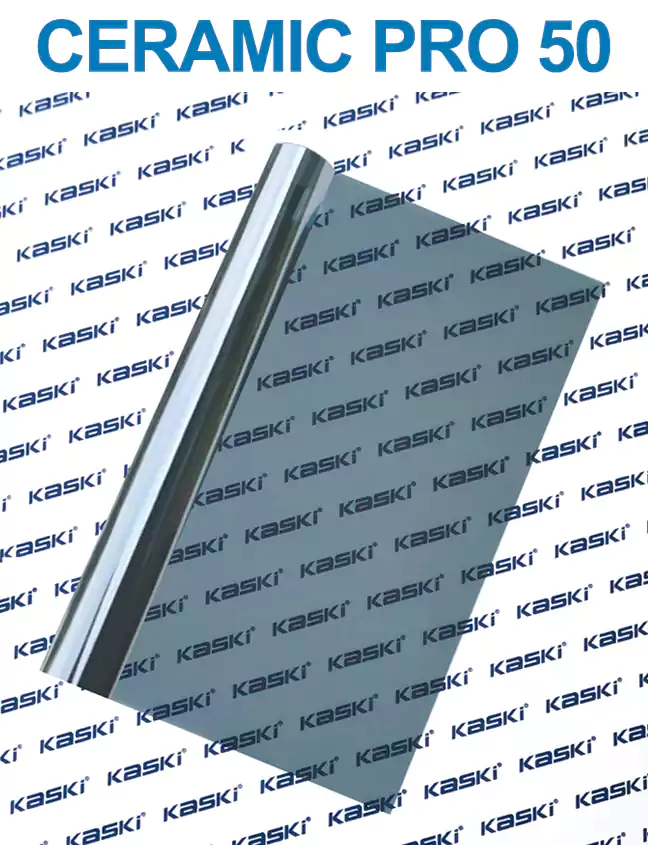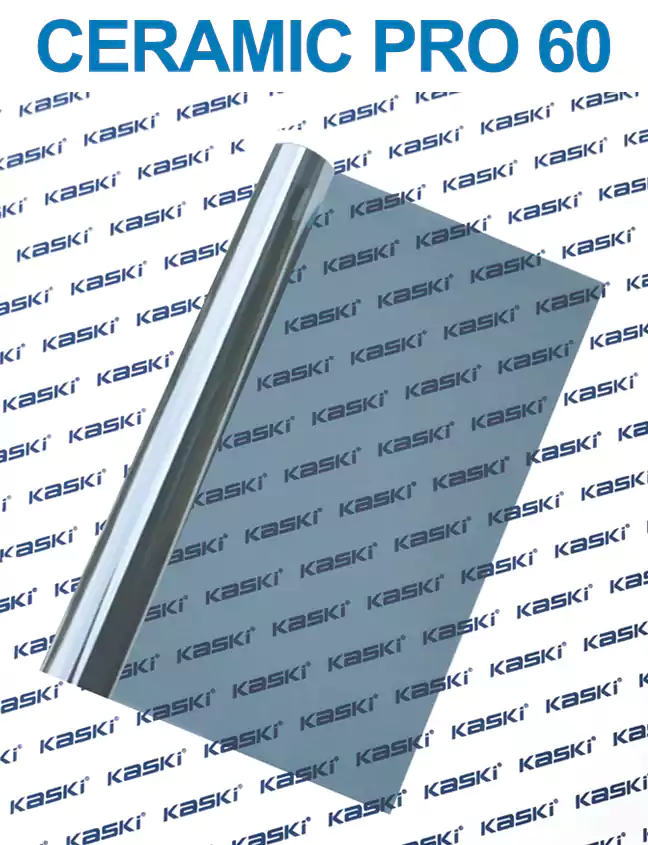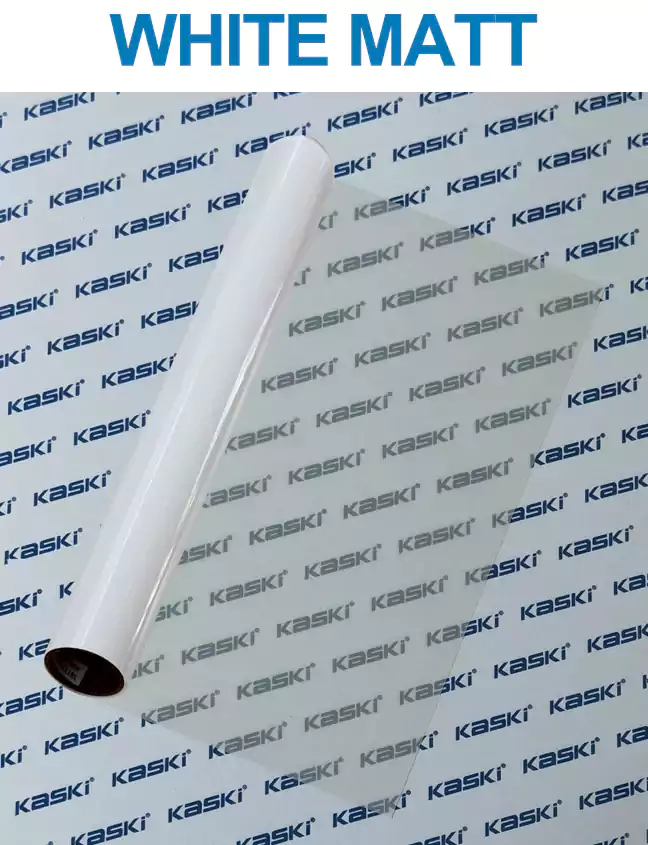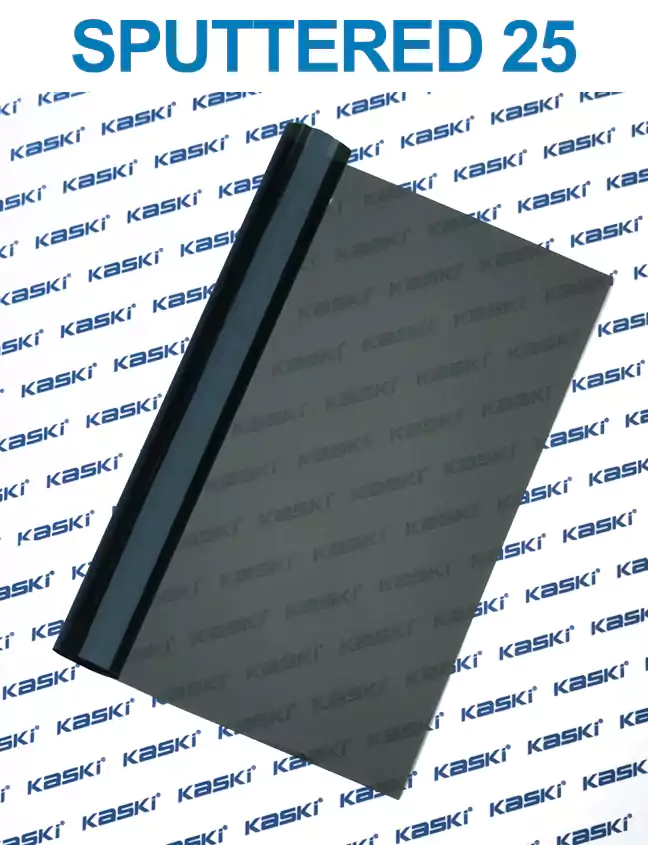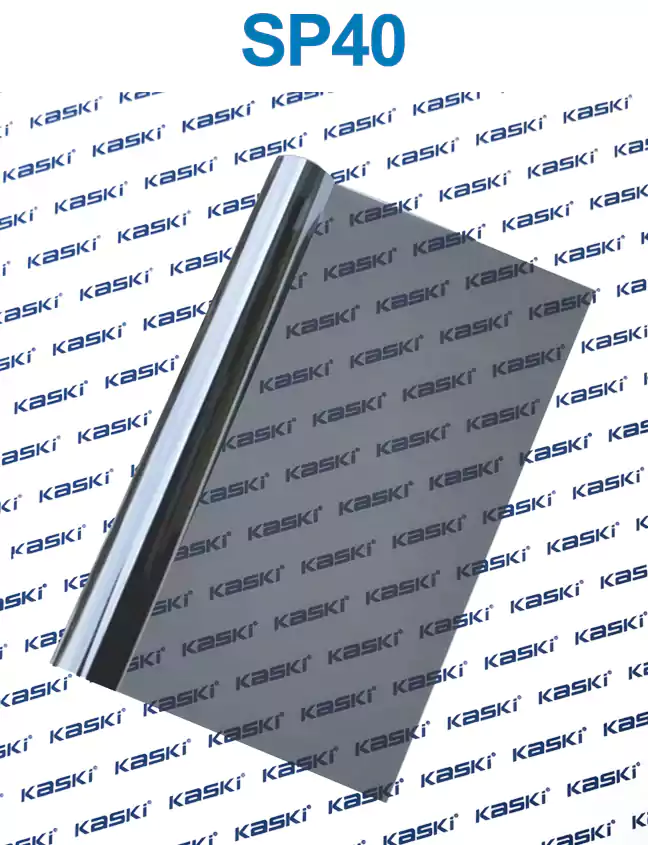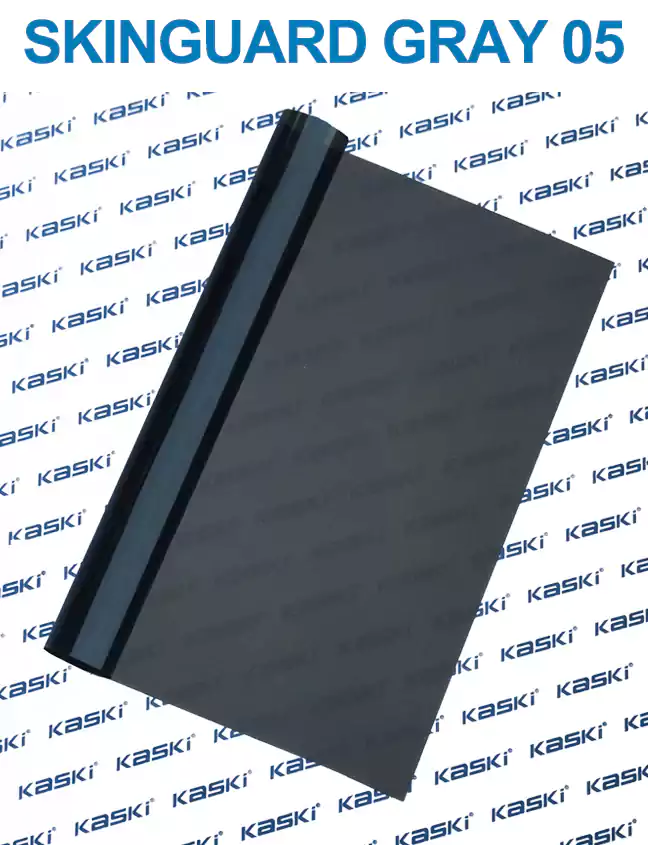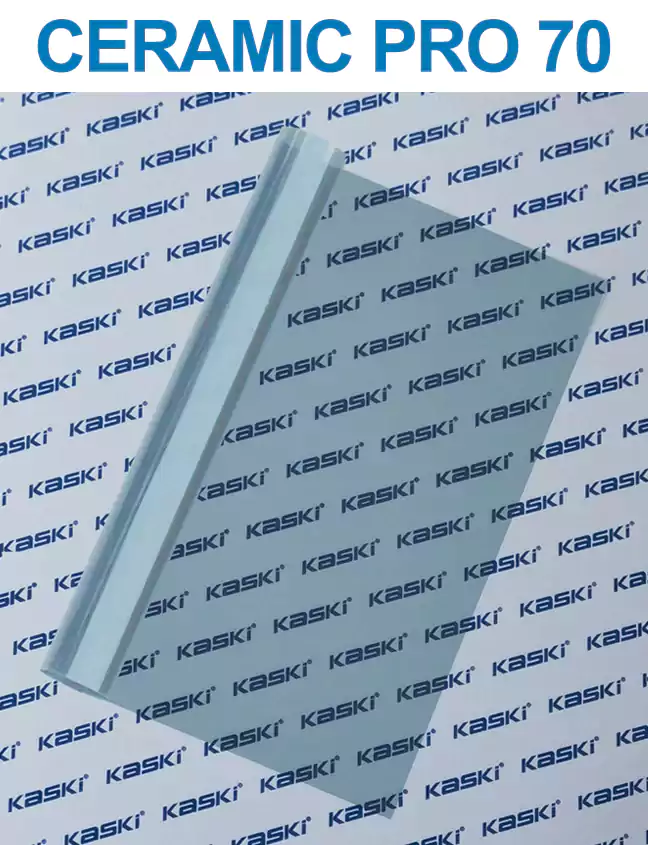In today's world, where privacy and personal space are increasingly valuable commodities, the need for effective solutions to maintain control over our environments has never been more pressing. One such solution that has gained significant traction in recent years is the Privacy control window film. This innovative technology not only enhances the aesthetic appeal of a space but also provides a practical and reliable means of managing privacy, glare, and heat.
At the heart of the privacy control window film is the use of mirror reflective film, a specialized material that can be applied directly to existing glass surfaces. This film offers a multitude of benefits, from reducing unwanted glare and UV exposure to providing a physical barrier that prevents prying eyes from peering in. By carefully selecting the appropriate film, individuals and businesses can tailor the level of privacy and light control to suit their specific needs.
One detailed project that showcases the power of privacy control windows is the renovation of the Acme Corporation's headquarters. The project, aptly named "Acme's Transparent Transformation," involved the installation of high-performance mirror reflective film throughout the building's expansive glass facades.
"Before the installation, our office space felt exposed and lacked the sense of privacy that our employees and clients desired," said Jane Doe, the Facilities Manager at Acme Corporation. "The privacy control windows have been a game-changer, allowing us to maintain a professional and inviting atmosphere while ensuring the confidentiality of our operations."
The project began with a thorough assessment of the building's existing glass surfaces, taking into account factors such as the orientation of the windows, the level of foot traffic, and the desired aesthetic. The team of experts then carefully selected the appropriate mirror reflective film, ensuring that it not only met the functional requirements but also seamlessly integrated with the building's overall design.
The installation process was carried out with the utmost care and attention to detail, minimizing disruption to the daily operations of the Acme Corporation. The result was a transformation that not only enhanced the privacy and security of the workspace but also improved the overall comfort and productivity of the employees.
"The difference is truly remarkable," said John Smith, the CEO of Acme Corporation. "The privacy control windows have not only provided us with the level of confidentiality we needed, but they have also helped to reduce glare and heat, creating a more pleasant and productive work environment for our team."
The success of the Acme Corporation project has not gone unnoticed in the industry. Many other businesses and organizations have since sought out the expertise of the privacy control window specialists, recognizing the value of this innovative solution.
One such example is the renovation of the Metropolis City Hall, where the installation of privacy control windows has had a significant impact on the daily operations of the building.
"As a public institution, maintaining the privacy and security of our employees and visitors is of the utmost importance," said Sarah Lee, the Facilities Manager at Metropolis City Hall. "The privacy control windows have been a game-changer, allowing us to create a welcoming and professional environment while ensuring the confidentiality of our sensitive information and discussions."
The versatility of privacy control windows extends beyond commercial applications. Homeowners have also embraced this technology, using it to enhance the privacy and security of their personal spaces.
"As a busy family with young children, we were constantly struggling to maintain a sense of privacy and peace in our home," said Emily Johnson, a homeowner in the suburbs of Smalltown. "The privacy control windows have been a lifesaver, allowing us to enjoy the natural light and views while keeping prying eyes at bay. It's been a true game-changer for our family."
The benefits of privacy control windows go beyond just visual privacy. The mirror reflective film used in these windows also offers significant advantages in terms of glare reduction, UV rejection, and heat rejection.
"The reduction in glare and heat has been a game-changer for us," said John Smith, the CEO of Acme Corporation. "Our employees are now able to work more comfortably, and we've seen a noticeable decrease in energy costs as a result of the improved thermal performance of the windows."
For homeowners, the heat rejection capabilities of privacy control windows can be particularly beneficial, especially in regions with intense sunlight and high temperatures.
"We used to struggle with the intense heat and glare from the sun, especially during the summer months," said Emily Johnson, the homeowner in Smalltown. "The privacy control windows have been a godsend, keeping our home cool and comfortable while also providing the privacy we craved."
As the demand for privacy control windows continues to grow, manufacturers and installers have responded with a wide range of product options and customization capabilities. Customers can now choose from a variety of film types, tint levels, and even custom designs to perfectly match the aesthetic of their space.
"The level of customization available with privacy control windows is truly impressive," said Sarah Lee, the Facilities Manager at Metropolis City Hall. "We were able to select a film that not only met our functional requirements but also complemented the architectural style of our building."
In conclusion, the privacy control window is a versatile and effective solution for enhancing the privacy, security, and comfort of both commercial and residential spaces. By leveraging the power of mirror reflective film, individuals and businesses can create environments that are tailored to their unique needs, all while enjoying the benefits of improved glare reduction, UV protection, and heat rejection. As the demand for this technology continues to grow, it is clear that privacy control windows will play an increasingly important role in the future of building design and personal space management.




